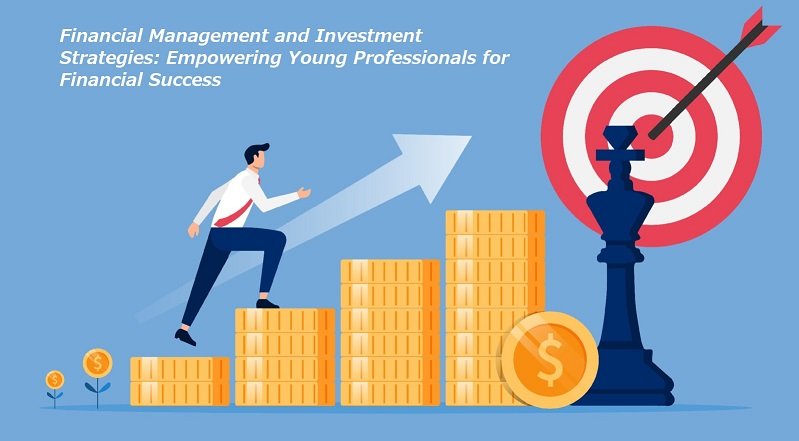With the help of the proposed list of recommendations, every person will be able to manage their financial resources effectively and invest in the most profitable way.

The proper use of your money and call money is a great factor in your financial status and to the future. Here are some useful tips:Here are some useful tips:
Spend Wisely and Record Your Expenditure
– Determine your income and expenditure to help you plan for the next few days or weeks so that you can have an understanding of the amount of money that is available to spend during that period. Include all the costs that are incurred in business including the overhead costs such as rent, electricity, salaries, and wages, as well as the other costs such as eating out and going to the movies.
– Create an excel sheet, app or use any tool to record the actual amount spent on each aspect identified. This will enable you to identify some of the areas that may be costly to you so that you can avoid them.
The first and most important step that you should take in order to improve your credit score is to pay off any high interest debts that you might have.
– Set up an effective strategy to reduce credit card balances and other debts, which attract high interest rates, the soonest possible. This debt is expensive in the sense that you are paying many times more in interest.
– You might want to transfer debts to a credit card or loan with a lower annual percentage rate. This means that the payments that were formerly going to the interest fees now go towards the principal.
Build an Emergency Fund
– It is advisable to build an emergency fund of 3-6 months’ worth of personal living expenses and maintain it in a separate account. It will keep you out of more debt as it provides you with money to cater for some emergent expenses.
– Ideally, it is important to start with a small amount of money that is $50 or $100 and save it on a monthly basis until you have accumulated enough for an emergency fund.
Contribute to Retirement Accounts
– Use other types of workplace retirement accounts such as 401k, and IRAs to invest for the longer-term. Make sure you are putting in at least as much as your employer will match.
– Leverage compound growth to make impressive improvements. When you invest, the money compounds and as is always said, the earlier you start, the better for you.
Invest in low cost index funds
– If one has a long-term horizon of investment, then he/she should opt for index funds that are low-cost and diversified across the major indexes. This makes investing easier and cheaper for investors.
– Consistently purchase shares and invest in a gradual manner to gradually accumulate a specific amount of shares.
Automate Your Finances
– Use online banking to arrange for regular transfers from the checking to saving accounts and setting up automated payments for bills. This ensures that one is able to manage his or her finances so as to avoid incurring more costs through late payments of bills among other things.
– Finally, such contributions do not require much effort in putting money in an investment account, it happens automatically.
Review and Reassess Regularly
– This should be done on a more extended interval of three to six months to ensure that you are on track regarding the financial goals and the set budget. Adjust any necessary changes in expenditure or any change required in the savings plans.
– Portfolio rebalance at least once a year to ensure your investment portfolio is properly diversified and adjusted to meet your risk and return requirements.
Using ideas from this post can assist you save and invest for much better money control, pay off more debts in less time, and enhance your monetary success. The most important point, however, is to remain strictly adherent to your savings and expenditures.
